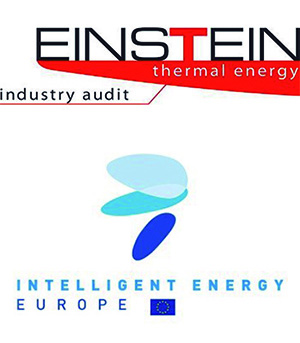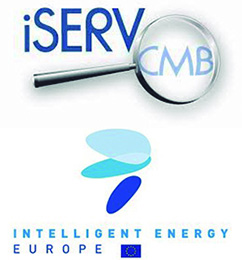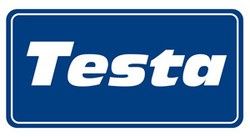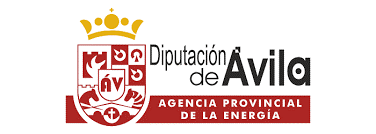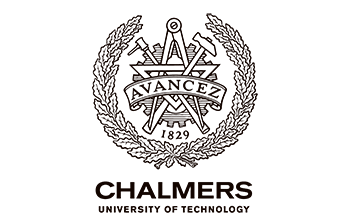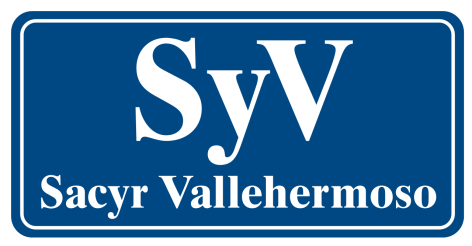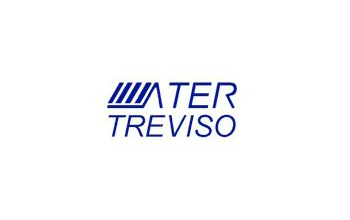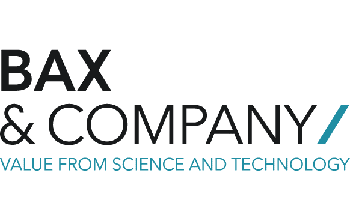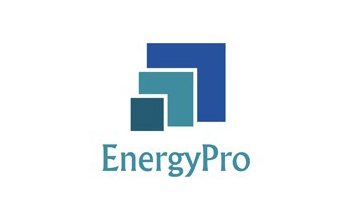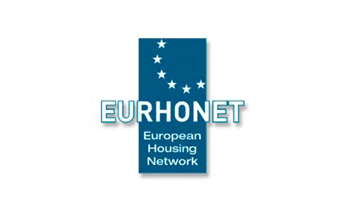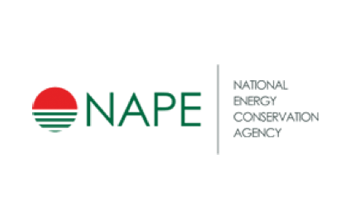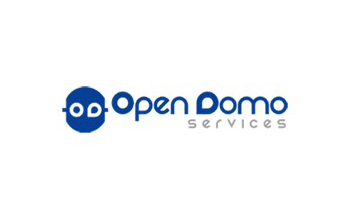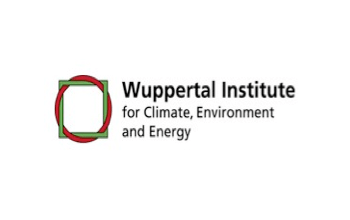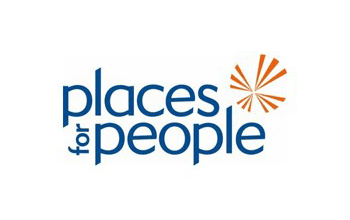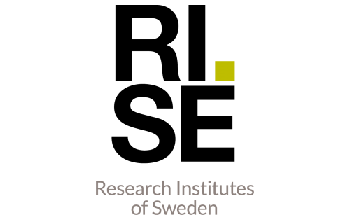Our projects:
EINSTEIN Project
SinCeO2 has participated in the European project EINSTEIN (Expert-system for an INtelligent Supply of Thermal Energy in Industry), financed by the European Commission Program Intelligent Energy Europe (EIE) in 2008.
The EINSTEIN computer tool is an innovative rapid audit tool to optimize the consumption of thermal energy, which offers integral solutions for the company by efficiently supplying thermal energy through renewable energies.
The Official Chamber of Commerce and Industry of Madrid was one of the European partners participating in the EINSTEIN project, which contracted SinCeO2 for the preparation of energy audits for industries and in the tertiary sector, and the carrying out of energy studies and pre-diagnoses to the thermal processes of various industries. Specifically, SinCeO2 provided the following services in the framework of the EINSTEIN project:
- 14 energy audits to companies located in the Community of Madrid.
- Report on waste management in an industrial estate.
- Report on the creation of a clean point in an industrial estate.
- Courses of environmental management and energy efficiency for entrepreneurs of the Community of Madrid.
e-AIRE Project
The objective of the European project e-AIRE (Integrated Environmental Strategies for the Reduction of Emissions), approved by the Interreg IVB Sudoe European Commission Program, was to reduce greenhouse gas emissions in the regions participating in it. Coordinated by the Ministry of Environment of Cantabria, the other participantswere the Provincial Agency of Energy of Avila, the Ministry of Tourism and Environment of La Rioja, the City of Roquetas de Mar and the Municipal Chamber of Loures (Portugal).
Within the framework of the e-AIRE project, the Government of Avila counted for the realization of the inventory with the collaboration of SinCeO2, which carried out the following actions:
- Carrying out an inventory of emissions to the atmosphere in the municipalities of the province of Ávila;
- Conducting energy audits in residential and non-residential buildings in the province, which will be used to prepare a portfolio of measures to improve energy efficiency in the construction sector
- Market study on the feasibility of a charging network of electric vehicles in the province, and development of actions to disseminate the electric vehicle
- Market study on the installation possibilities of Volatile Organic Compounds (VOCs) recuperators at gas stations;
- And campaign to promote sustainable transport, with the development of different activities such as talks in schools, exhibitions, etc.
iSERVcmb Project
The European project iSERVcmb (Inspection of HVAC Systems through continuous monitoring and benchmarking), financed by the Intelligent Energy Europe Program, aimed to analyze the benefits of continuous monitoring and evaluation of energy consumption in air conditioning systems.
SinCeO2 collaborated in this project with the University of Oporto, the Austrian Energy Agency, CIBSE, the Turin Polytechnic Institute and the University of Liège. SinCeO2realized the study of the consumptions on real installations, by means of the continuous monitoring of the improvements made in the residential sector, identifying potentials of improvement and developing models of improvement, which allows the reduction of costs in the inspection and audit works.
Plan Avanza Project
SinCeO2 has participated, together with the companies Sacyr-Vallehermoso and TestaInmuebles en Renta, in a project financed by the Plan Avanza of the Ministry of Industry, Energy and Tourism that ended in 2013. The objective of the project was the development of a computer application that would allow, through the knowledge of certain parameters in buildings, to calculate real energy savings in an economical and fast way.
SinCeO2 conducted the study whose objective was to gain knowledge and understanding of the development and implementation of measures aimed at improving energy efficiency in offices, and obtain conclusions applicable to the sector to ensure that energy consumption is the minimum necessary to meet the needs required by the activity. The study summarized the energy accounting of the agents analyzed in terms of energy efficiency, and exposed the main measures and initiatives aimed at improving energy efficiency implemented by the different companies and institutions studied in the corresponding sector.
DREEAM Project
The DREEAM project (http://dreeam.eu/), acronym for 'Demonstrating an integrated Renovation approach for Energy Efficiency At the Multi-building scale', is a European project funded by the European Union R&D Program Horizon 2020, in which SinCeO2 participates along with other European partners coordinated by the Chalmers Technological University (Sweden).
The fundamental objective of the DREEAM project is to identify combinations of optimal technologies, which on the one hand can offer a greater reduction of the energy demand for a group of buildings (up to 75%), and at the same time take into account the financial capacity of the owners and the preferences of the tenants.
The project focuses on social and public housing, which represents 12% of the real estate stock in the European Union, whose owners manage many residential buildings with great potential for improvements in energy efficiency. The selected pilot projects are in the United Kingdom, Italy and Germany.
Within the DREEAM project, SinCeO2 is responsible for verifying the savings generated with the implementation of improvement measures, including the monitoring of consumption and the variables that affect the evolution and changes over time.
Partners with whom we have collaborated in our R+D+i projects:




